Calendar Of Oblivion
Gates of Time
Today the sun stops. Not literally, of course, but in this moment—June 21, when shadows shrink to nothing and the day stretches like skin on a drum—reality seems to hold its breath. The summer solstice. A celebration older than pyramids, older than gods, older than us. No one knows who first noticed that on this day light conquers darkness to the max. Maybe a priest in a beast hide, staring at stone shadows. Maybe a farmer, cursing the drought. Or just a madman, to whom the sun whispered: “Look, I’m here, I’m forever.”
This isn’t just astronomy. It’s the moment when the ancients decided: if you can measure the world, you can enchant it. Bonfires, dances, sacrifices—everything to keep the sun in the sky a little longer. Blood flowed, wine ran like rivers, and fire devoured the fear of winter. The solstice was born from a deal with the cosmos: “Don’t go, give us more light.”
Feast Behind the Black Veil
The ancients didn’t just celebrate—they shattered reality. At Stonehenge, Celts lit bonfires, leaping through flames as if burning their sins. Slavs wove wreaths, floated them on rivers, and girls divined whose fate would sink first. In Urartu, priests might have slaughtered sheep for Shivini, the sun god, as smoke rose like a plea to the sky. Babylonians prayed to Shamash, but their rituals were stricter—temple-bound, no wild revelry. Greeks sang hymns to Helios, while Romans cleansed Vesta’s temples, as if her fire could save the harvest.
But it’s not just about gods. It’s about ecstasy. Scandinavians guzzled mead and brawled, proving who deserved Baldr’s light. In India, priests chanted to Surya, and yajna smoke drifted over fields. Some places saw orgies, others fasting. But everywhere—fire. Bonfires, torches, candles. People danced, drank, loved, slaughtered livestock or themselves to prove: we’re alive while the sun stays.
Gods Among Us
To whom was it all? The sun, of course. But the sun isn’t just a star—it’s a mask for gods. Helios raced his chariot in Greece, Surya rode seven horses in India. Shamash judged the living and dead in Babylon, Shivini illuminated truth in Urartu. In Rome, Sol was first modest, then Invictus, unconquered. Celts had no single sun god, but druids saw life’s spirit in it. Slavs called it Dazhbog, father of light.
But it’s not just gods. The solstice is a calendar screaming: “You’re not eternal.” The ancients knew: if this day goes unmarked, the world might forget how to turn. The celebration was a pact with chaos: we’ll give you wine, blood, songs, and you won’t let us die in darkness.
Shadows on the Edge of Reason
Why all this? Holidays are lies we tell ourselves to avoid going mad. The solstice is an illusion of control. Ancients burned bonfires, thinking they could hold the sun. We do the same, just with fireworks instead of flames, DJs instead of priests. Ritual creates order: if there’s a day when the sun peaks, there’s meaning in this endless planet spin.
But there’s another side. The holiday destroys. You leap over a fire, and for a moment forget tomorrow’s work, taxes, death. The solstice is a crack in reality where you can be a god, a beast, nothing. The ancients knew: to live, you must sometimes go insane. Otherwise, why live at all?
How We Got Here
The solstice usually hits 20 or 21 June, depending on the year and calendar. Today, it’s celebrated differently. At Stonehenge, thousands gather—neo-druids, hippies, tourists with selfie sticks. In Sweden, Midsummer means wreaths, dances around a maypole, and vodka. In Russia, Kupala brings reconstructions with bonfires, circles, and leaps over flames. In Armenia, heir to Urartu, ancient rites are sometimes revived, though it’s more folklore than faith.
Festivals like Burning Man echo those old fires where fears burned away. Museums hold artifacts: Celtic sun discs, Babylonian clay tablets, Urartu reliefs. Want to touch it? Head to Stonehenge, but don’t expect mysticism—there’s more beer than magic. Or find a local Kupala fest, just don’t jump the fire after a liter of mead.
Echo in the Void
I’ve often celebrated the Solstice. Summer by the sea, winter on the frozen Gulf of Finland. Night, people waiting for something, a bonfire taller than a man. They drank, leaped over the flames, someone screamed into the dark. I stood by the fire, and for a second, it felt like we weren’t in the 21st century but in the shadow of Dazhbog, Helios, Shivini. Then someone turned on a Bluetooth speaker, and the magic popped. We’re extras in a theater of dead traditions, but sometimes, in the fire’s glow, it feels like we’re still alive.
#VoiceOfRuins, #CalendarOfOblivion, #Rituals, #Holidays, #Mythology, #SummerSolstice, #Bonfires, #UnconqueredSun, #Midsummer, #Stonehenge, #Helios, #Shamash, #Shivini, #Dazhbog, #Surya, #AgrarianRituals, #AncientTraditions, #Festivals










|Our Telegram-channel: Voice Of Ruins https://t.me/Voice_Of_Ruins
Our Instagram: Voice Of Ruins https://www.instagram.com/voiceofruins/
Our group on Facebook: Voice Of Ruins https://www.facebook.com/share/g/16aitn9utM/
Our site: Voice Of Ruins https://www.voiceofruins.org

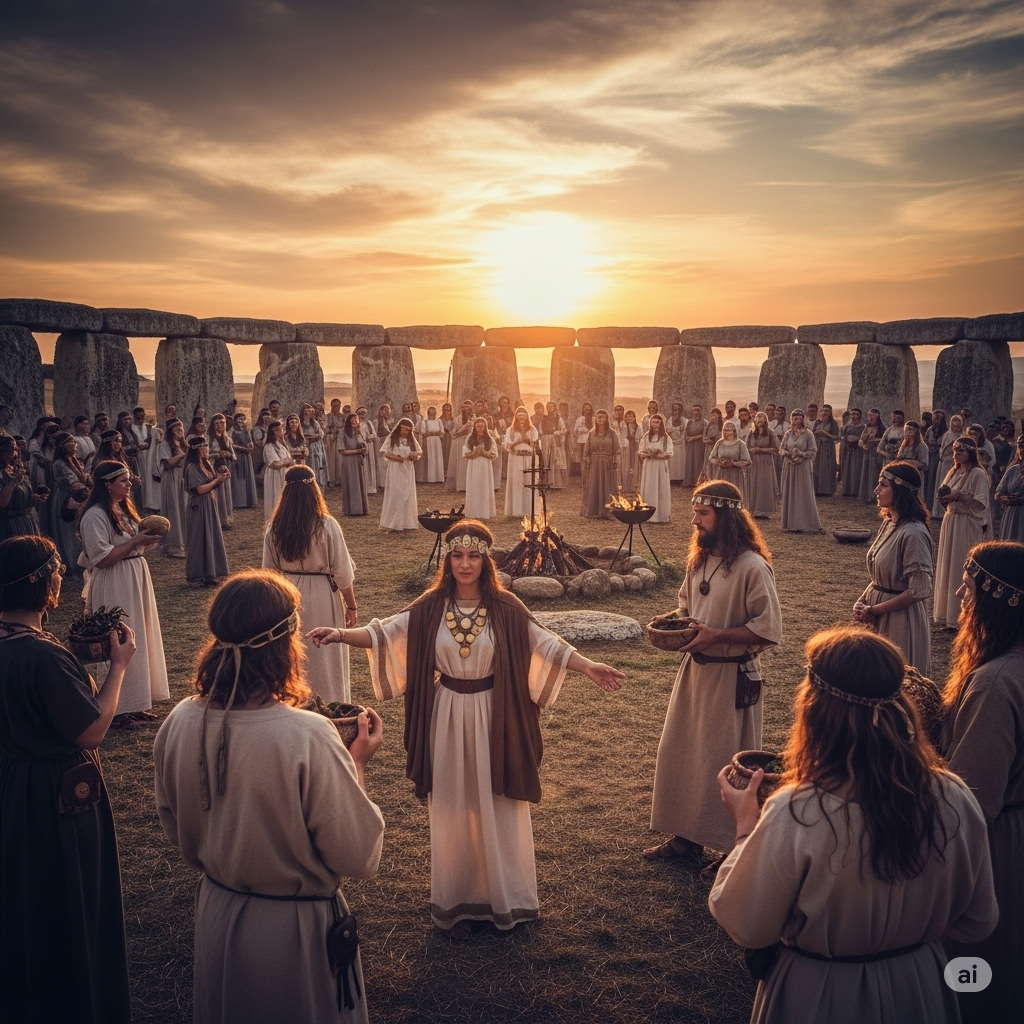
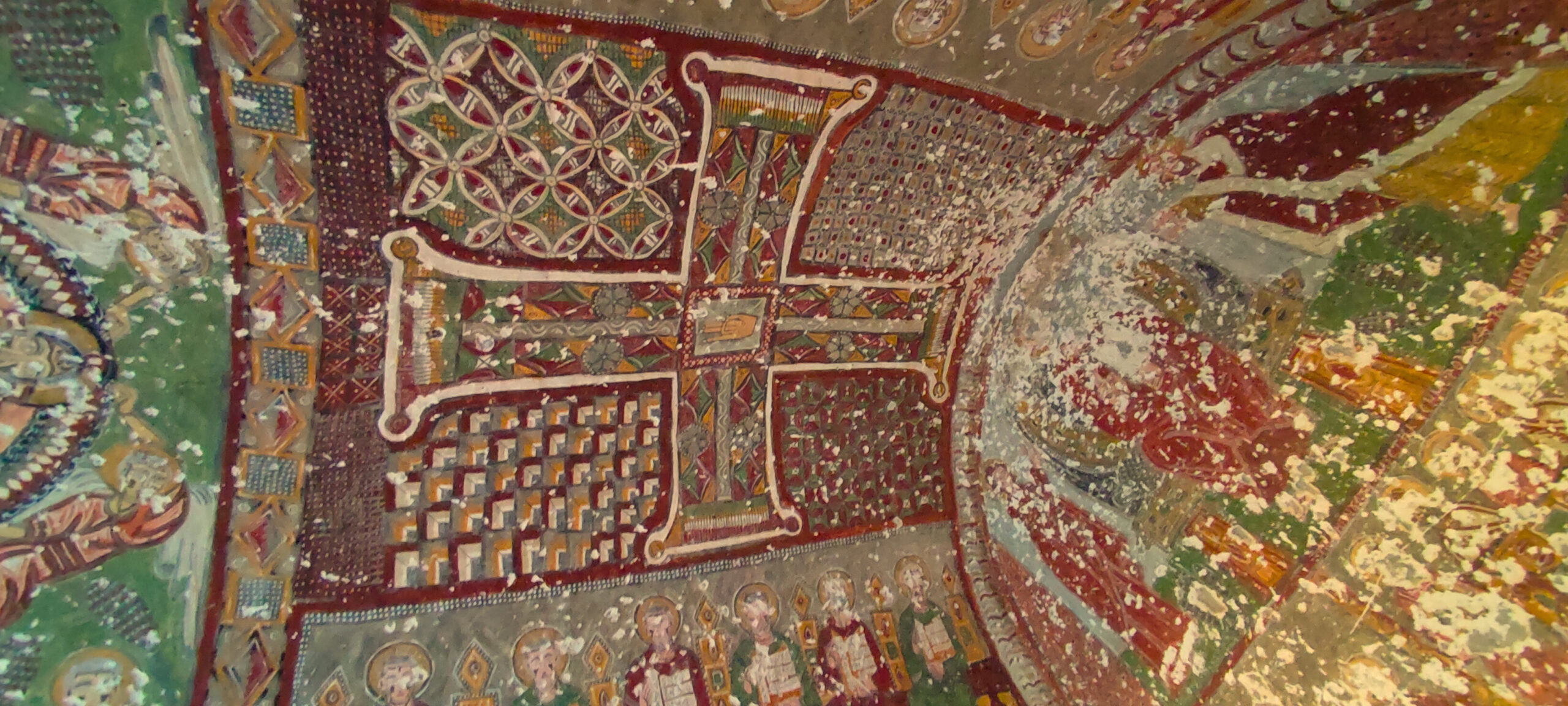
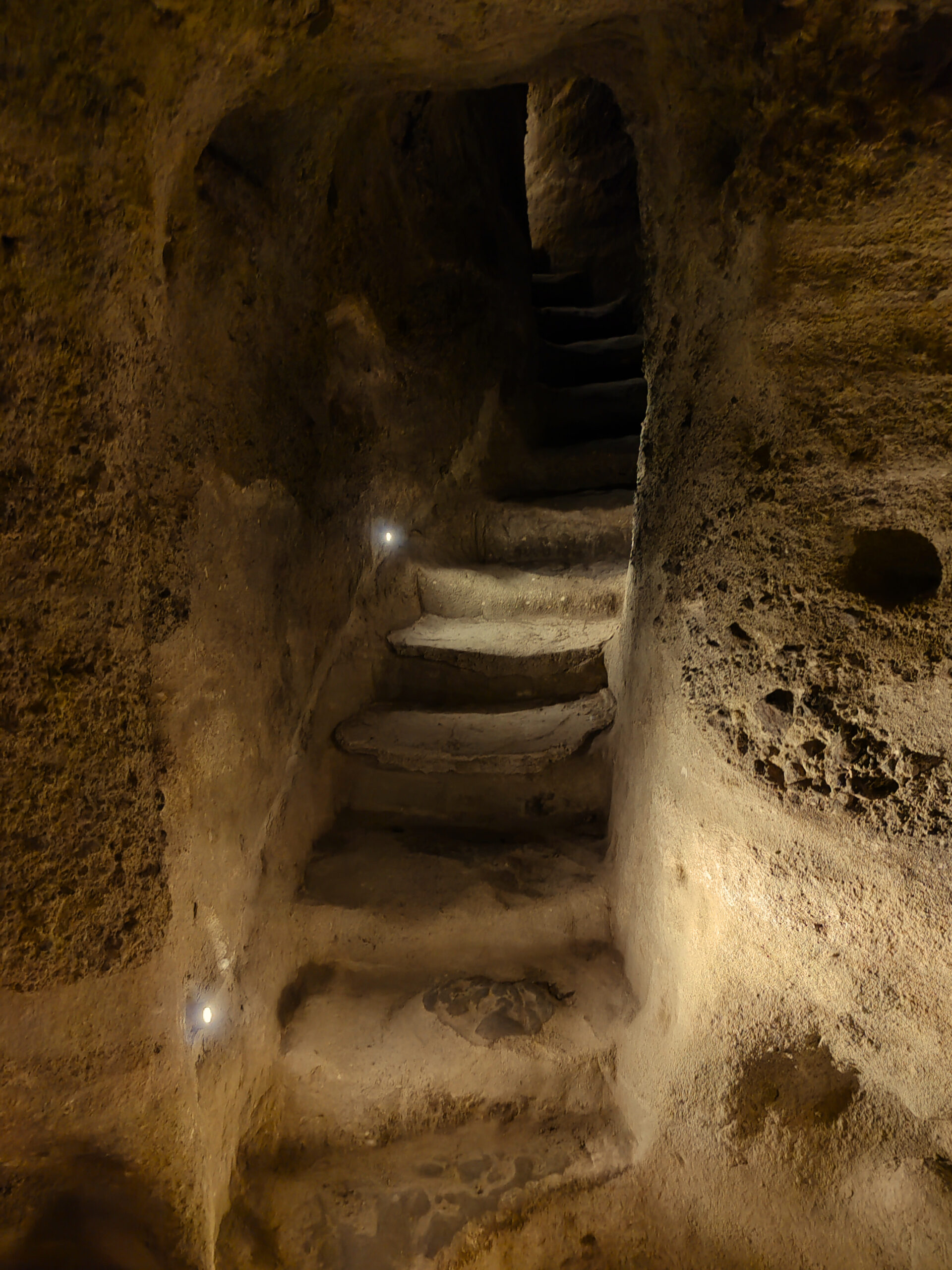
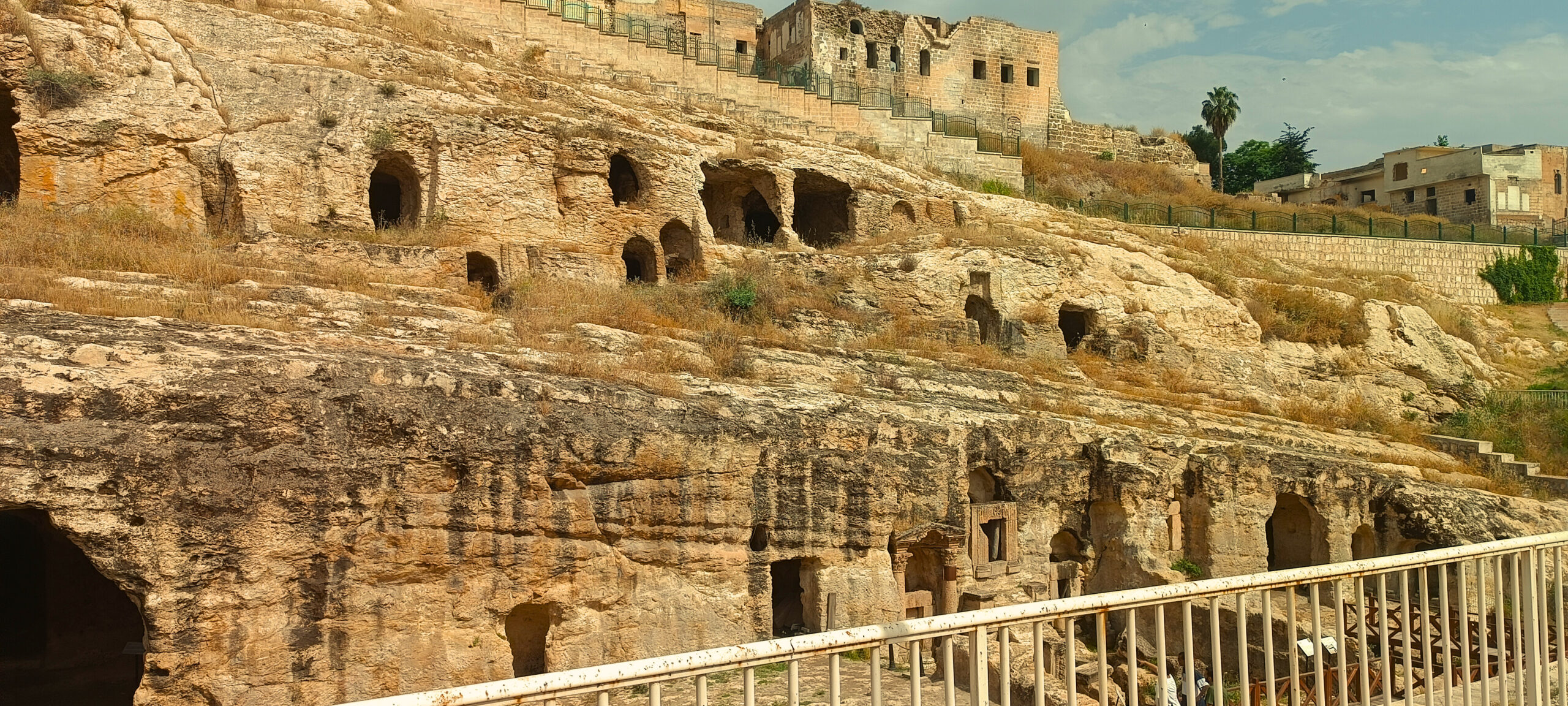
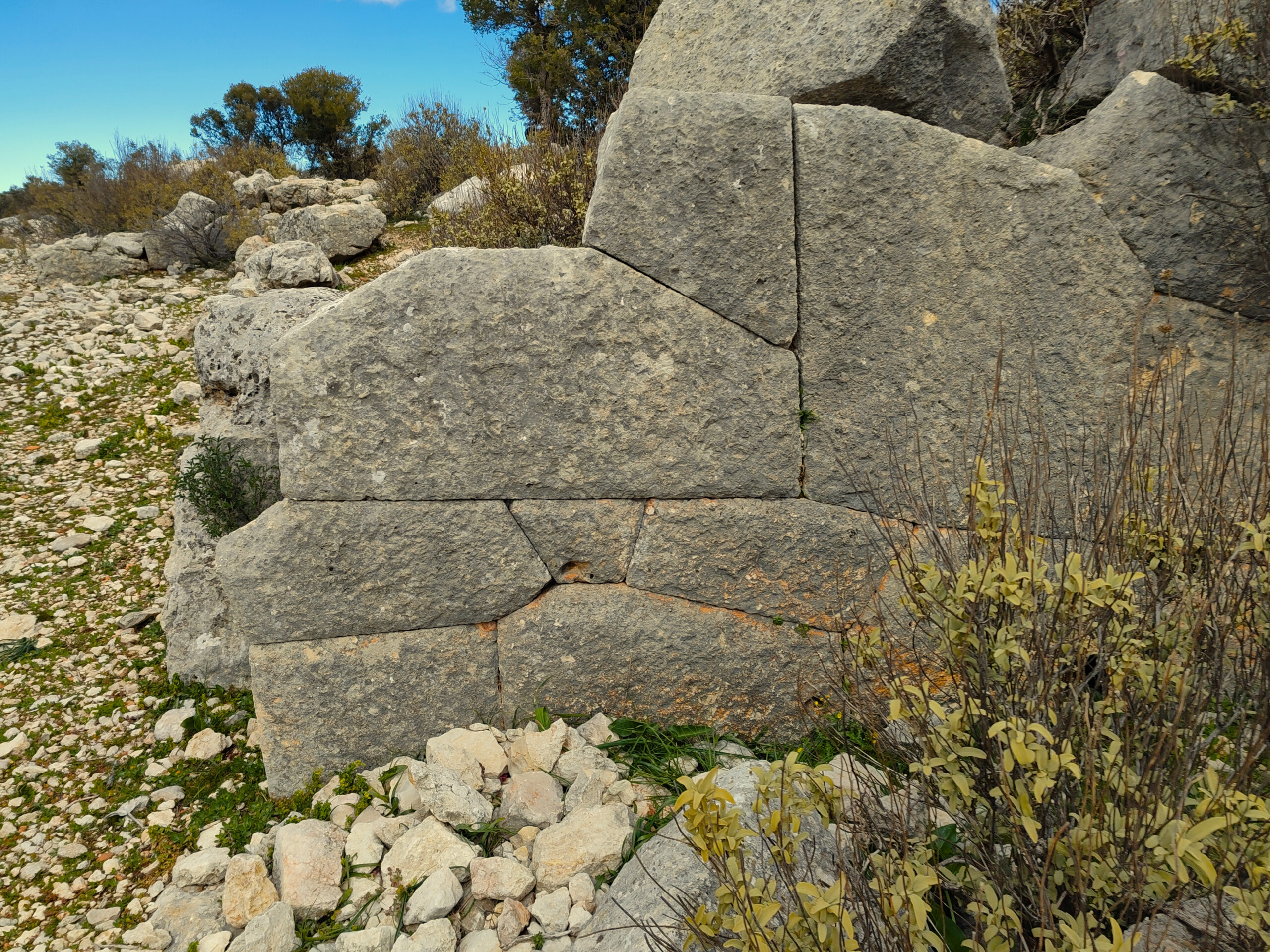
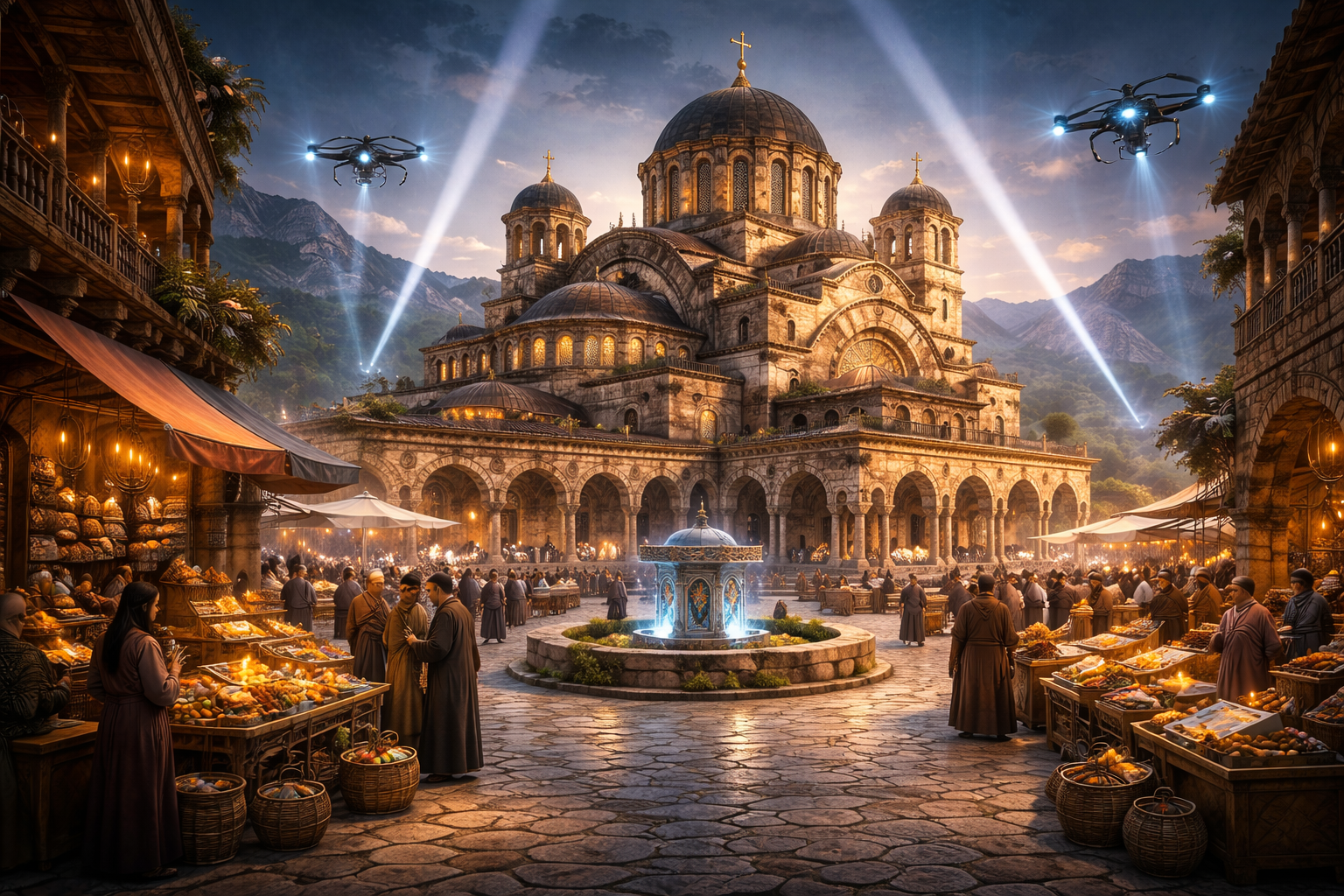


Leave a Reply